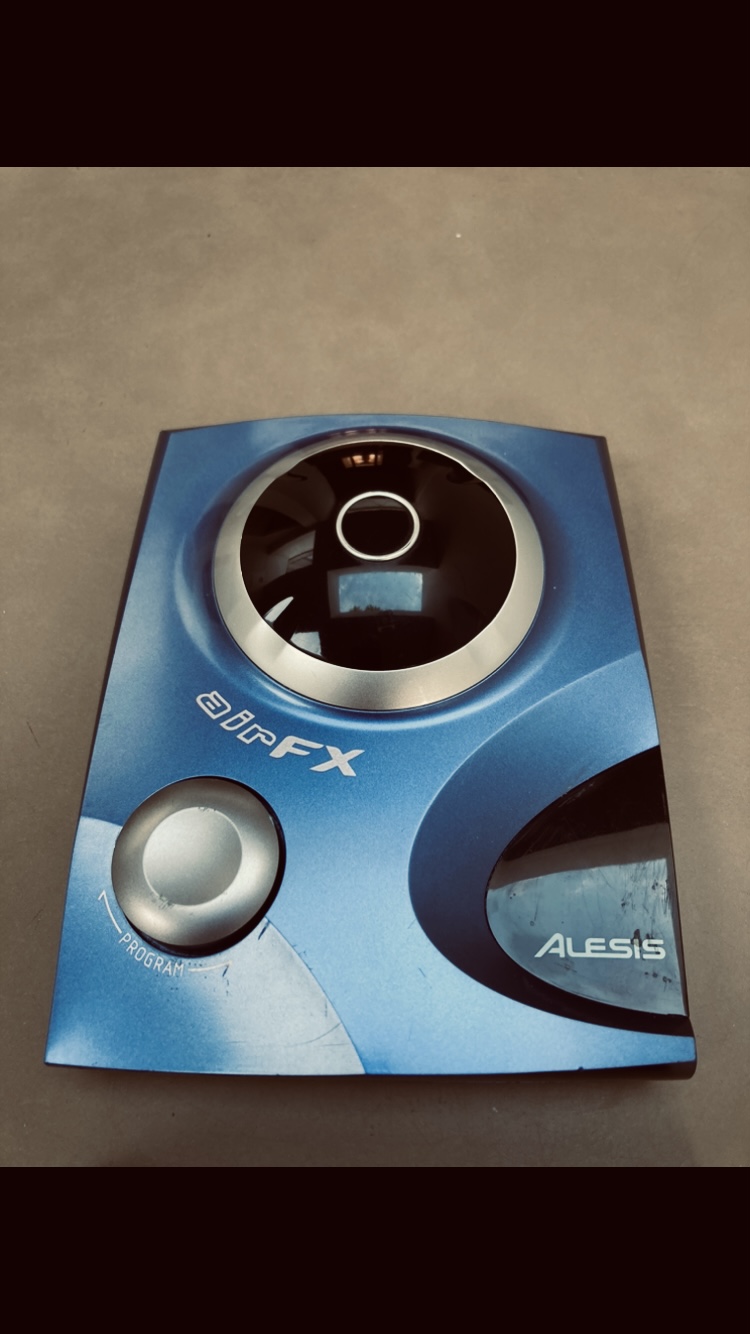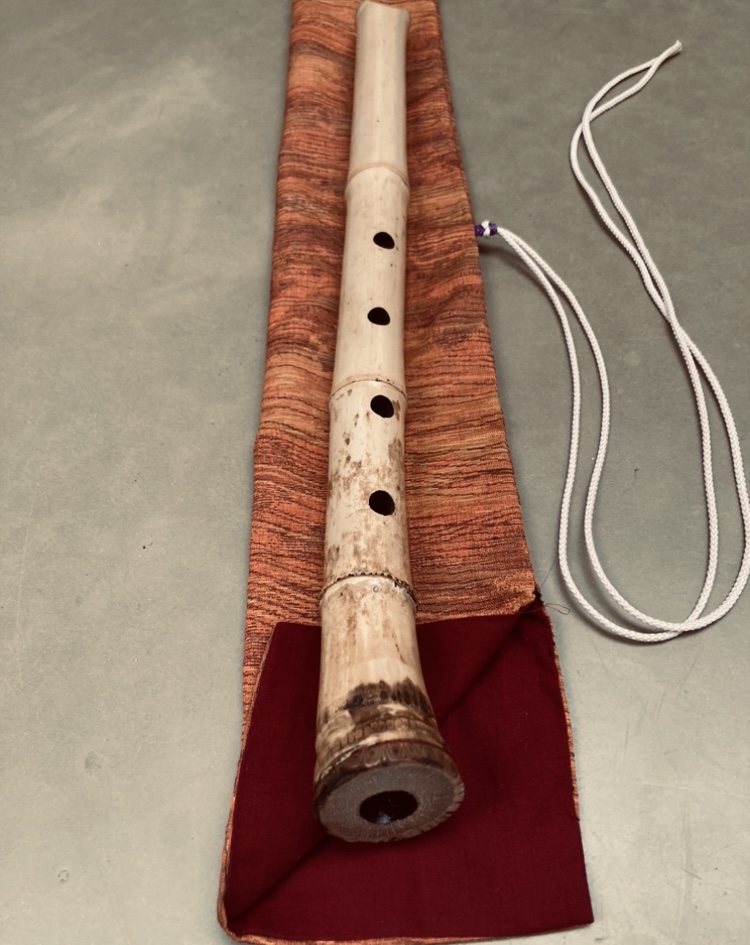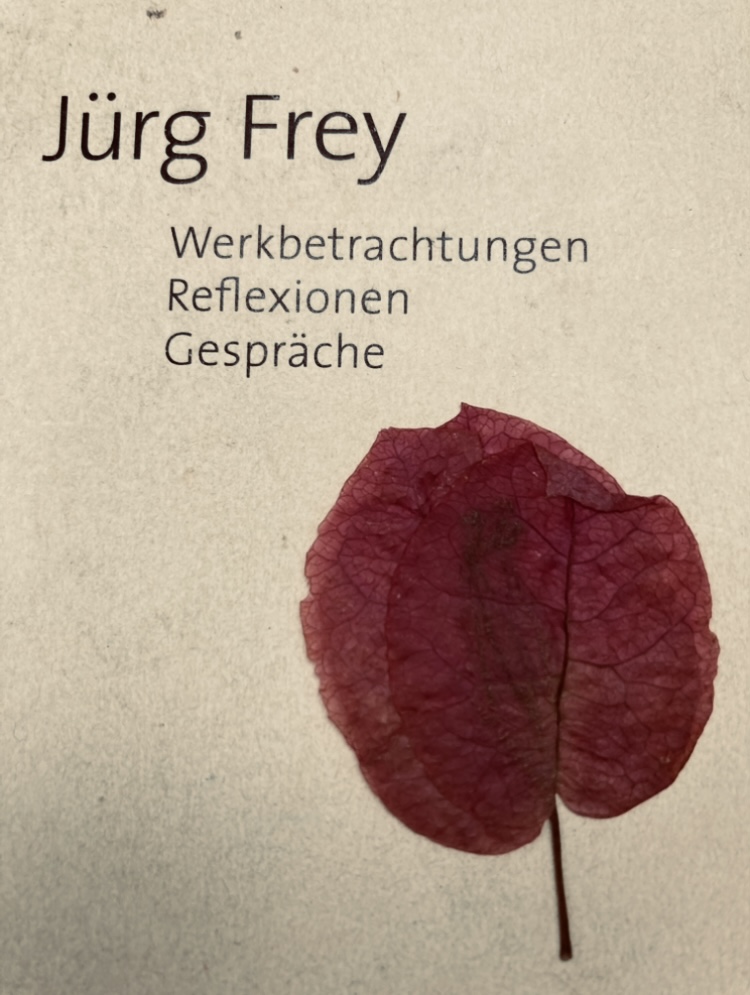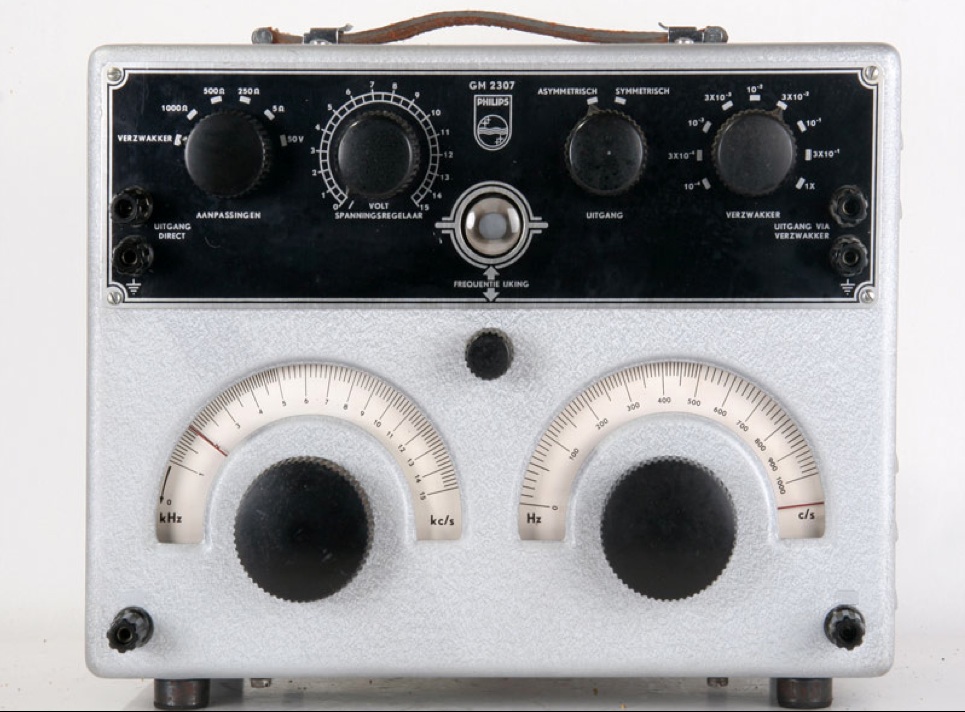
Cellos & Loopers Bowed Vibraphones & Pure Data
The first quarter of the 21st Century shows great freedom and optimism when it concerns the Art of Music. Borders disappear and there’s a lot of migration between people and cultures.
Classically trained musicians embrace technology, popculture finds inspiration in 15th Century music practice. Modular synths combine well with pipe organs, cellos and harps embrace loopers and every other fx pedal. Ensembles interact with live sampling, violins interact with electric guitars. The list is endless.
Composition and Improvisation
Avantgarde, the word sounds so oldfashioned today, high and low culture sounds so cliche. Anyone can be a pioneer, you just use the tools and techniques that suit you well. You want to use notation software, no problem, you want to write your notes with a pencil on a piece of paper, fine. You want to compose in the music tradition of the west, improvise, mix and blend it, you can do it, just as it fits you.

Freedom and Blueprint

You learn from others, study in person with teachers, I studied Western Music Theory for some years, but teachers are everywhere, on the radio, on records, in interviews and in the people you meet. One of those teachers is Jürg Frey. You can find older posts on the composer on the blog. Today I would like to add a small part from an interview Frey recently did with Simon Reynell.
” I don’t think I discover much while composing. Or maybe in a more general way: I discover the piece. My composing is primarily a process of doing something, even when it doesn’t seem like the piece is progressing. I am doing something; even thinking about it is doing something, or reading a book. Many decisions are intuitive, with a precise sense of what the piece will be. I feel that it could be right. When the piece is written I discover more and more things that are connected on different levels, even things that I wasn’t fully aware of while working. Things that I didn’t “compose” but simply ‘did’, writing notes…. And discovering all these connections and relationships means discovering what the piece is, what kind of ‘body’ the piece is, beyond “simply writing the notes”. [Website Another Timbre November 2025]
Finding your own voice; your own materials, your own ‘palet’ so to speak, and discovering your own way of writing, composing, improvising. When your blueprints start to vanish and your voice becomes clearer, your freedom starts growing and the time will come to give a big thank you to all the great teachers that helped you on the way.
